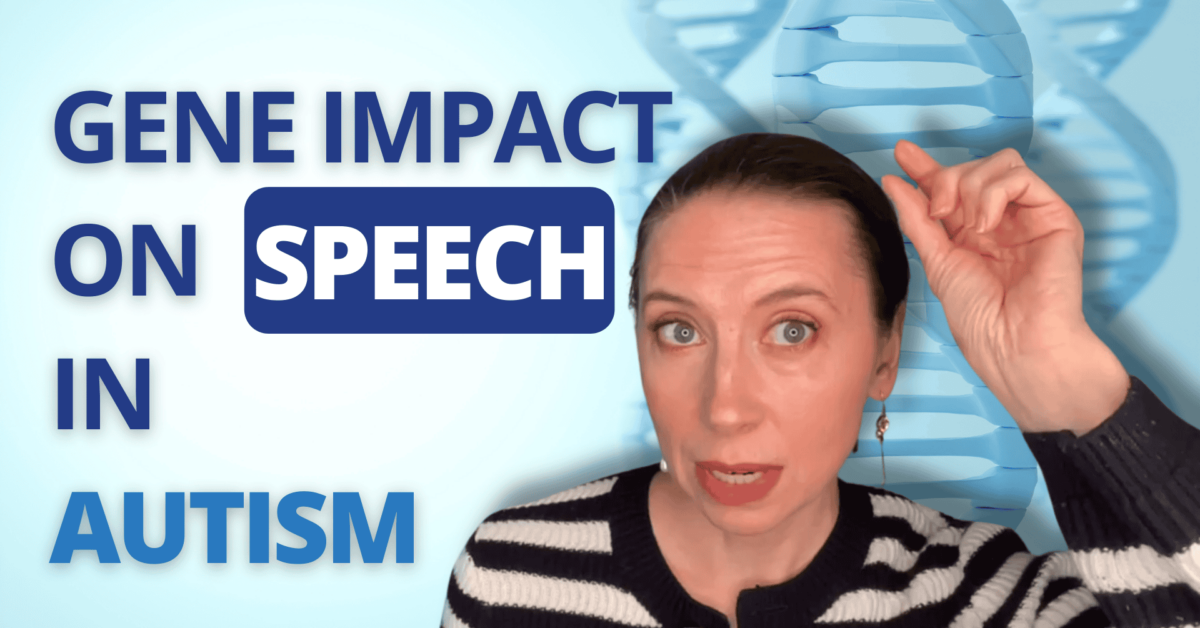The world is starting to open up and many parents are asking me the question of, should I send my child back to school or not?
I want to give you scientific information so that you can base your decision on quality information. There is published research from May 2020, and they compare COVID-19 trends among people with, and without intellectual and developmental disabilities.
Research Methods
This is what the researchers did. They got electronic medical health records from 42 different healthcare organizations throughout the United States.
They got this data for 30,282 patients who met the COVID-19 inclusion criteria. And in that 30,292, there were 474 patients with intellectual and developmental disabilities.
And the breakdown of the IDD was 33% had an intellectual disability. 56% had a pervasive and specific developmental disorder. 18% had cerebral palsy and 21% had a chromosomal abnormality, autism wasn’t included as a specific diagnosis that they were tracking, however many people with IDD have autism as well or any of these other diagnoses.
Research Conclusions
This is how it’s relevant to the decisions we’re making as parents to children with autism because that might not be their only diagnosis. The researchers looked at these electronic medical health records and started to analyze fatality associated with different diagnoses.
So the conclusions were that there are distinct age-related differences in COVID-19 fatality trends among those with IDD.
Age 0 to 17
- with diagnosed IDD, the fatality rate was 1.6%
- without IDD, the fatality rate was < 0.01%
Age 18-74
- with IDD 4.5%
- without IDD 2.7%
Age 75+
- with IDD 21.1%
- without IDD 20.7%
This is really important information to have when trying to make that decision. Should your child go back to school? There are parents who don’t have to be concerned that much with fatality from COVID-19. When you look at this type of data, however, if your child does have a diagnosis of IDD or other health issues, it’s really important to take this information to heart.
When you’re making that decision, should they go back to school? Should they go to a camp? Should they be on the bus? All of these types of questions, it’s important to have quality information.
Comorbidities
Comorbidity is an important discussion to have in general, outside of the whole scope of COVID, but obviously, with this new virus that’s around comorbidities, make health much more important. The results from the study confirmed that people with IDD have a higher prevalence of comorbid risk factors like:
- hypertension
- heart disease
- respiratory disease
- diabetes
and these are often associated with poor COVID-19 outcomes, so comorbidities are important to address, especially in regards to reopening post-COVID-19.
There’s so much about autism or IDDs that get written off as, “Oh, that’s just autism.” No, not at all. Comorbidities deserve their own treatment. And you can see how important it is for overall health that co-morbidities are addressed because it’s not a result of the IDD. It’s not a result of autism. And your child doesn’t have to go through life with these comorbidities.
You could see that it’s important to note that case-fatality rates in this study were similar for people with, and without IDD when you don’t account for age, but it’s very different when you actually account for age.
And so when you want to make a decision for your child, whether they’re 17 or below, or whether they’re a young adult themselves, it’s important to have quality information, because I know there were some reports in various mainstream media that said there’s no difference in fatality rate if someone has an IDD or not, however you can clearly see that is not the case.
The research concludes with this sentence, though, of concern for all individuals, COVID-19 appears to present a greater risk to people with IDD, especially at younger ages.



